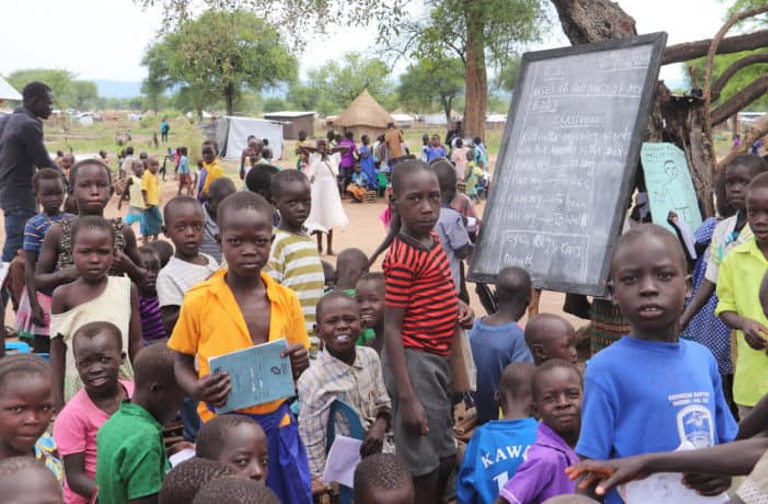Africa faces numerous challenges caused by global warming. Predictions by the United Nations World Food Programme show it is the continent that will be most affected by climate change, leaving millions of people vulnerable to food insecurity and hunger. The increased frequency and intensity of extreme weather events like droughts and storms can damage crops and infrastructure, disrupting local economies that rely on agriculture as the main source of income.
To combat the growing threat of climate change, the Ugandan Government promised to restore 2.5 million hectares of forest by 2030 as part of the African Restoration Initiative, an international reforestation program. But the strategies to reach this target have not been well implemented, with native trees being lost at a higher rate than they are being planted. Where trees have been planted, they are mostly exotic—species such as pine, eucalyptus, and teak. So far, no institution in Uganda has restored 100,000 hectares with native trees, let alone the 2.5 million that have been promised.
In Northern Uganda, the recent arrival of over a million South Sudanese refugees is putting even more pressure on Uganda’s land and forest resources. Food rations provided by the UN Refugee Agency (UNHCR) are not adequate in amount or nutrition, or sustainable in the long-term, meaning food insecurity is an acute problem in the region.
But simple techniques accessible to small farmers do exist. The United States-based non-profit Wild Forests & Fauna is part of the broader effort to restore forest landscapes in the climate change-vulnerable tropics through native species restoration. The Native Seeds Project’s purpose is to bring back Northern Uganda’s tree cover for the benefit of future generations of human and other biological communities.
After a successful pilot project in 2017, “Increased Nutrition and Sustainable Firewood,” the Native Seeds team has been working with Moyo District’s Forest Office to find avenues to scale the project to improve nutrition and provide sustainable firewood sources for the Palorinya settlement, home to more than 180,000 South Sudanese refugees.
The Native Seeds project is creating sustainable jobs in the settlement, and distributes three types of tree seedlings to refugee households, schools, and health clinics: moringa seedlings, various fruit tree seedlings (jackfruit, avocado, papaya, orange, lemon, guava, and mango), and twelve fast-growing timber species that can be sustainably harvested for firewood.
In the next few months, these seedlings will be distributed through the project’s network of 196 Environmental Protection Committee volunteers (EPCs), who have been trained and provided with stipends to enable them to do their jobs. Each EPC is assigned a Block of 100 households, who they train, distribute, and monitor seedlings with.
In 2018, a total of 120,000 seedlings have been produced, distributed, and planted in the Palorinya refugee settlement. This has reforested an area of 267 acres with native tree cover and provided nutrition and sustainable firewood to 100,000 refugees, improving food security and increasing resilience to climate change. The project has also reached five primary schools, educating them about the importance of native trees. Next year, the team aims to partner with local organizations to extend the project to the Bidibidi refugee camp—home to 300,000 South Sudanese refugees and currently the largest refugee camp in the world.
Photograph courtesy of Georgia Beasley





